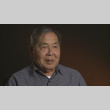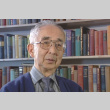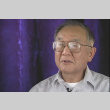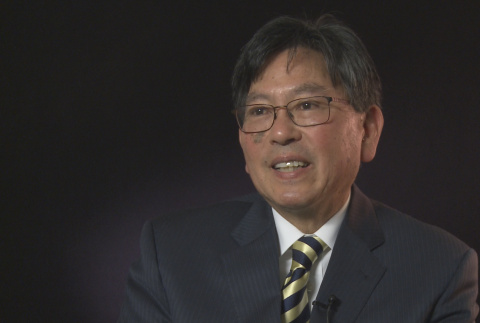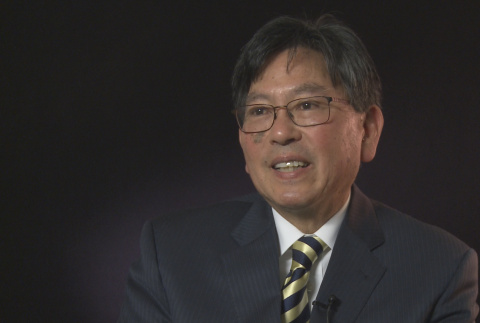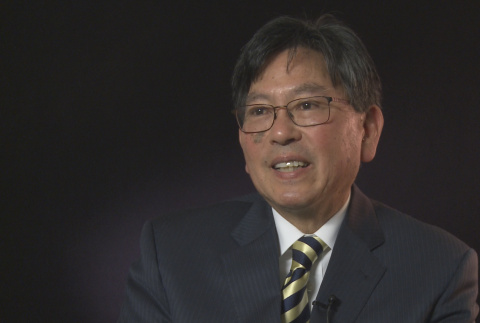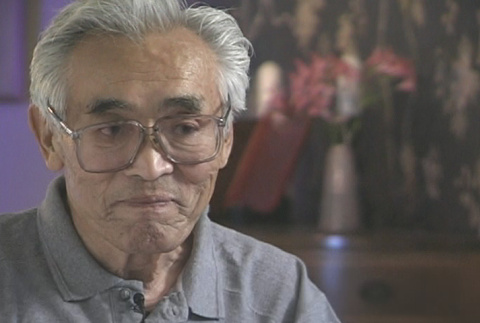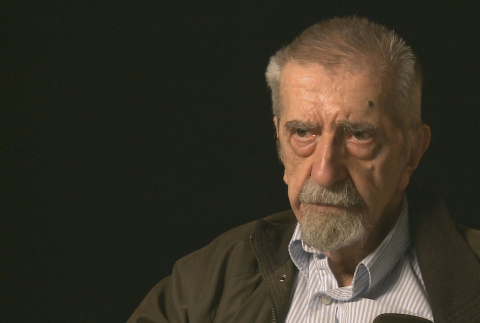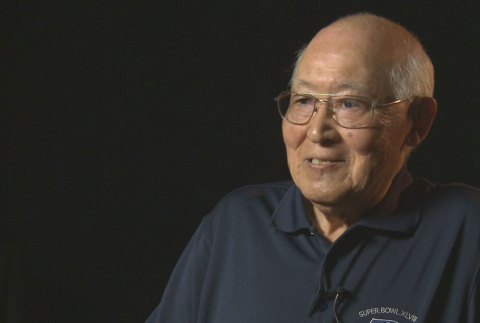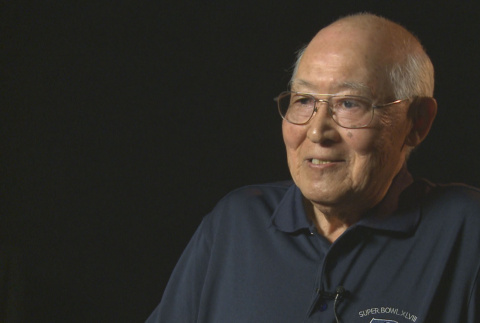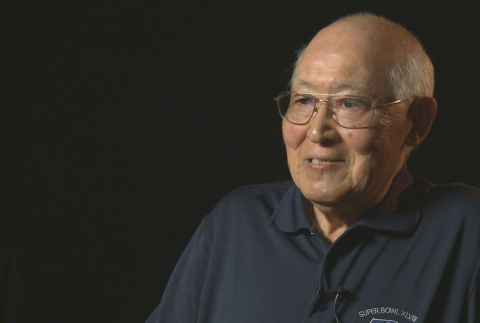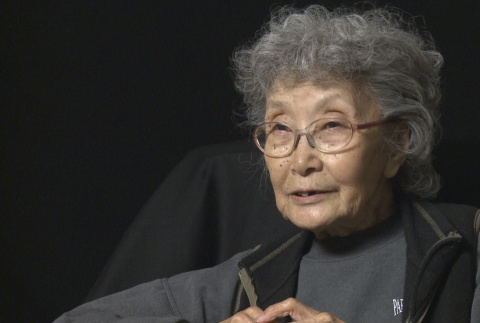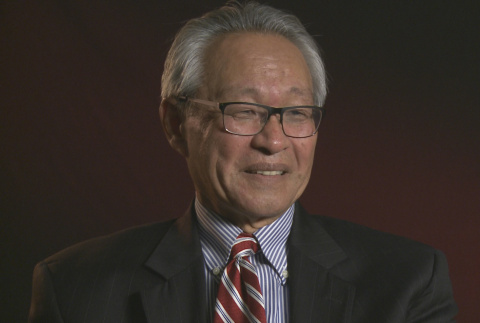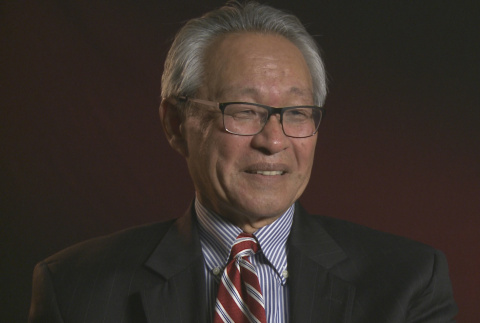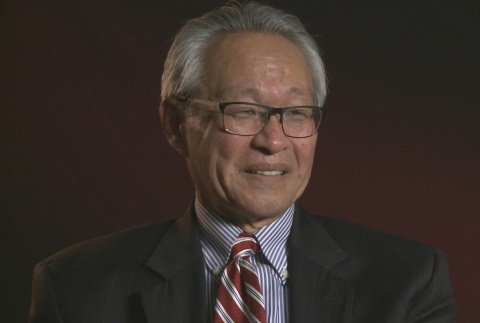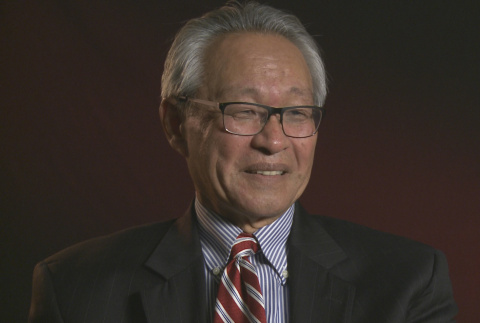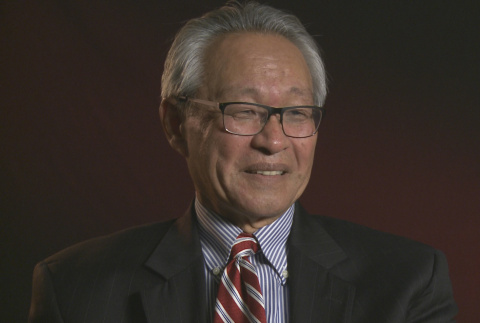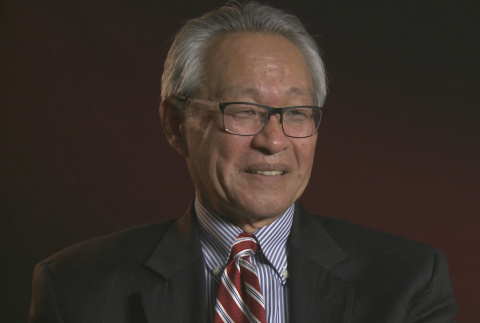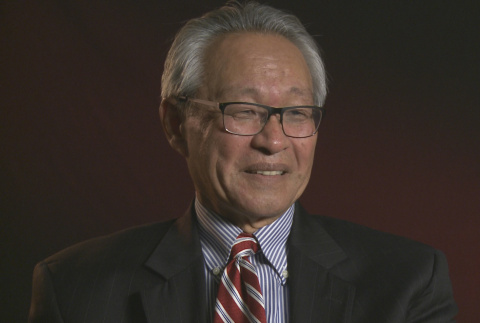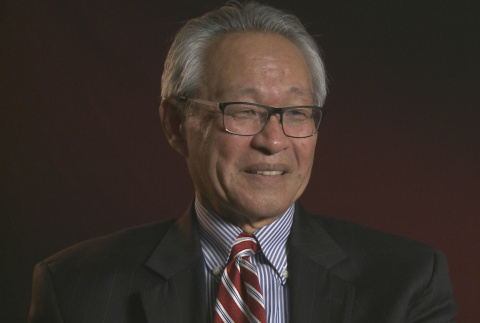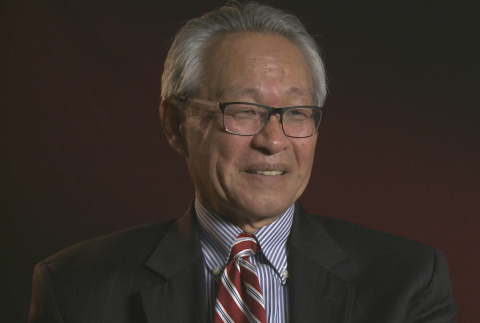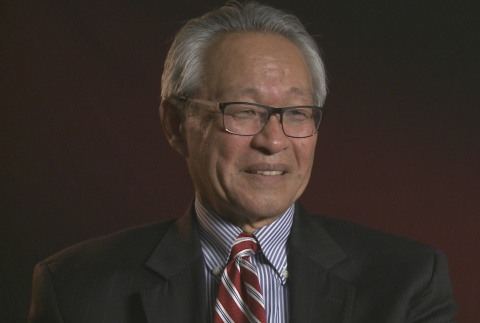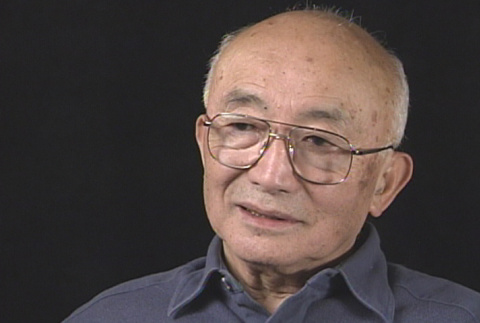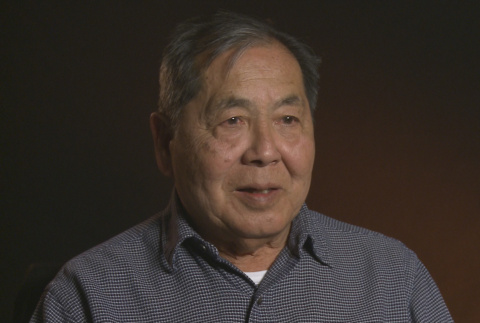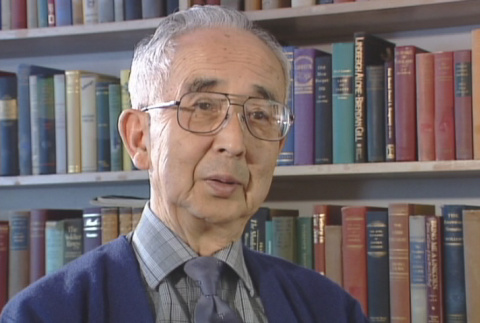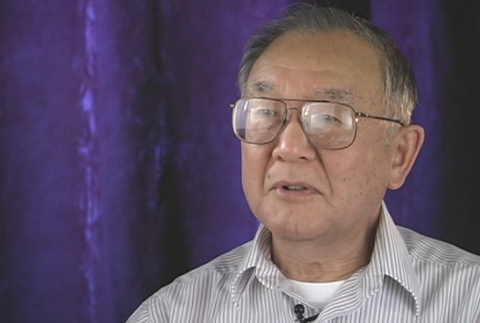Redress and reparations
In the late 1960s, Japanese Americans began to revisit the history of the exclusion and incarceration period in order to seek justice for their suffering and ensure that no such wrong would ever be committed again. Years of effort by community activists, politicians, academics, and other supporters culminated on August 10, 1988, with the signing of the Civil Liberties Act by President Ronald Reagan. This Act rescinded Executive Order 9066, and mandated an official apology from the federal government, monetary reparations payments to individuals excluded and incarcerated, and the creation of a federal fund for research and education about the incarceration.
Redress and reparations
(954)
Related articles from the
Densho Encyclopedia :
Civil Liberties Act of 1988,
Civil Liberties Public Education Fund,
Emergency Detention Act, Title II of the Internal Security Act of 1950,
Aiko Herzig-Yoshinaga,
William Hohri,
Bill Hosokawa,
Japanese American Evacuation Claims Act,
Yuri Kochiyama,
Magic cables,
Kazuo Masuda,
Robert Matsui,
Spark Matsunaga,
Norman Mineta,
National Coalition for Redress/Reparations,
National Council for Japanese American Redress,
James Omura,
Redress movement,
Termination of Executive Order 9066,
Mary Tsukamoto,
Edison Uno,
Clifford Uyeda
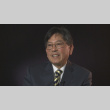
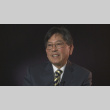
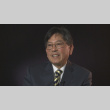
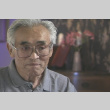
At the time this interview was taped, Mr. Watanabe was recovering from a recent series of cancer treatments.
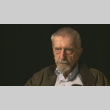
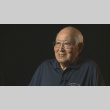
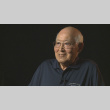
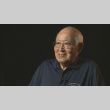
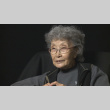
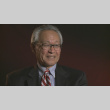
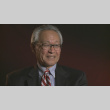
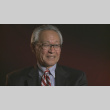
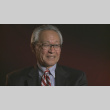
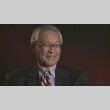
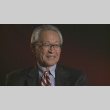
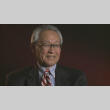
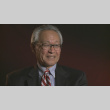
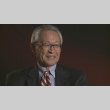
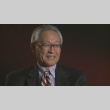
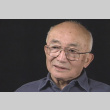
William Toshio Yasutake was interviewed together with his sister Mitsuye (Yasutake) Yamada and surviving brother, Joseph Yasutake, in group sessions on October 8-9, 2002. He was interviewed individually on November 14, 2002.
Before being contacted by Densho, the Yasutake siblings had planned to conduct …